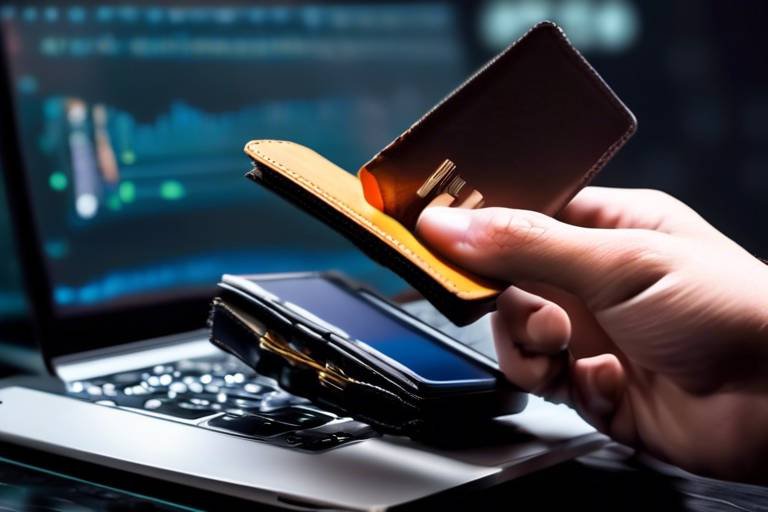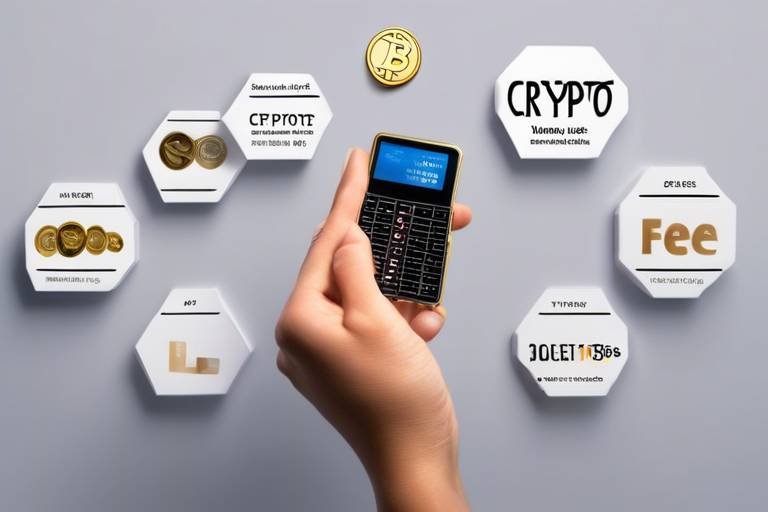How to Use Cryptocurrency Exchanges Safely
In the fast-paced world of cryptocurrency, where fortunes can be made and lost in the blink of an eye, navigating exchanges safely is crucial. With the rise of digital currencies, the number of exchanges has exploded, making it easier than ever to trade. However, this convenience comes with its own set of risks. From scams to security breaches, the potential pitfalls are numerous. So, how can you ensure that your experience in the crypto marketplace is both profitable and secure? This article will provide you with essential tips and guidelines for safely navigating cryptocurrency exchanges, ensuring secure transactions, and protecting your investments from potential risks and scams.
Before diving into the world of trading, it's vital to understand what cryptocurrency exchanges are. Essentially, these platforms act as intermediaries that facilitate the buying, selling, and trading of cryptocurrencies. There are two main types of exchanges: centralized and decentralized. Centralized exchanges are operated by companies that manage transactions and hold users' funds, while decentralized exchanges allow peer-to-peer trading without intermediaries. Each type has its pros and cons, and knowing these can help you choose the right platform for your trading needs.
When selecting a cryptocurrency exchange, it's essential to consider several key factors to ensure a trustworthy trading environment. Security features should be at the top of your list. Look for exchanges that offer robust security measures, such as two-factor authentication (2FA) and encryption protocols. Additionally, user reviews can provide insight into an exchange's reliability and customer service. Don't forget to check the fees associated with trading, as these can vary significantly between platforms. Lastly, ensure that the exchange complies with local regulations to avoid any legal issues down the line.
Security should never be an afterthought when it comes to cryptocurrency trading. Here are some essential security measures that reputable exchanges should implement:
- Two-Factor Authentication: An extra layer of security that requires not just a password but also a second verification method.
- Cold Storage: A method of storing cryptocurrencies offline to protect them from online hacking attempts.
- Encryption: Protects your data and transactions from being accessed by unauthorized users.
Two-factor authentication is like having a double lock on your front door. Even if someone has your password, they would still need access to your second verification method, which could be a text message or an authentication app. This significantly reduces the chances of unauthorized access, making it much harder for hackers to infiltrate your account.
When it comes to storing your cryptocurrencies, you have two primary options: cold storage and hot wallets. Cold storage refers to keeping your assets offline, which is considered the safest option as it is less vulnerable to hacking. On the other hand, hot wallets are connected to the internet and are more convenient for frequent trading but come with higher risks. Think of cold storage as a safe deposit box and hot wallets as your wallet in your pocket—both have their place, but one is far safer than the other.
In a space as lucrative as cryptocurrency, scams are unfortunately rampant. Common schemes include phishing attacks, Ponzi schemes, and fake exchanges. Being informed is your best defense. Always verify the legitimacy of an exchange and be cautious of offers that seem too good to be true. If you receive unsolicited messages or emails asking for your personal information, it's best to ignore them.
Implementing effective trading strategies can significantly minimize your risks. Here are some best practices to consider:
- Set Limits: Always set trading limits to avoid emotional decisions that could lead to significant losses.
- Diversify Your Portfolio: Don’t put all your eggs in one basket. Spread your investments across different cryptocurrencies to mitigate risk.
- Stay Informed: Keep up with market trends and news to make informed trading decisions.
Your password is your first line of defense against unauthorized access. Always create strong, unique passwords for your exchange accounts. A good password should include a mix of uppercase and lowercase letters, numbers, and special characters. Think of it as a gatekeeper; the stronger it is, the harder it will be for intruders to breach your security.
Regularly checking your account activity is crucial for early detection of any unusual or unauthorized actions. Set a schedule to review your transaction history and account balances. If you notice anything suspicious, take immediate action, such as changing your password and contacting customer support.
The regulatory landscape surrounding cryptocurrency is constantly evolving. Staying updated on these changes is essential, as they can directly impact your trading practices and the safety of your investments. Regulatory bodies worldwide are increasingly focusing on cryptocurrency, and being aware of new laws can help you avoid legal problems.
Another critical aspect of cryptocurrency trading is understanding your tax responsibilities. Depending on your jurisdiction, you may be required to report your earnings and pay taxes on your cryptocurrency transactions. It's essential to familiarize yourself with local regulations to ensure compliance and avoid any potential liabilities.
Keeping up with industry news can provide valuable insights that influence market trends. Subscribing to reputable cryptocurrency news sites and following experts on social media can help you stay informed. Knowledge is power, and being aware of developments can lead to better trading decisions.
In conclusion, navigating cryptocurrency exchanges safely requires diligence and a proactive approach. By understanding the types of exchanges, choosing reliable platforms, implementing strong security measures, and staying informed about market trends and regulations, you can significantly reduce your risks. Remember, the world of cryptocurrency is exciting but also fraught with dangers. Prioritize your safety, and your trading experience can be both enjoyable and rewarding.
1. What is the safest type of cryptocurrency exchange?
Centralized exchanges are generally considered safer due to their security measures, but decentralized exchanges offer more privacy. Choose based on your comfort level and needs.
2. How can I protect my cryptocurrency investments?
Using strong passwords, enabling two-factor authentication, and storing your assets in cold storage are effective ways to protect your investments.
3. Are cryptocurrency exchanges regulated?
Regulation varies by country. Always check if the exchange complies with local laws to ensure a safer trading environment.
4. What should I do if I suspect a scam?
If you suspect a scam, cease all transactions immediately, change your passwords, and report the incident to the exchange and relevant authorities.

Understanding Cryptocurrency Exchanges
This article provides essential tips and guidelines for safely navigating cryptocurrency exchanges, ensuring secure transactions, and protecting your investments from potential risks and scams.
When diving into the exciting world of cryptocurrency, it's vital to understand the platforms that facilitate trading—known as cryptocurrency exchanges. Think of these exchanges as the bustling marketplaces of the digital currency realm, where buyers and sellers come together to trade various cryptocurrencies. There are primarily two types of exchanges: centralized and decentralized.
Centralized exchanges (CEX) are the most common and operate similarly to traditional stock exchanges. They act as intermediaries, managing trades and holding users' funds. Users create accounts, deposit their cryptocurrencies, and then trade through the exchange's interface. While they offer a user-friendly experience and high liquidity, they also come with inherent risks, such as potential hacks and the need to trust the exchange with your funds.
On the other hand, decentralized exchanges (DEX) operate without a central authority. They allow users to trade directly with one another through smart contracts on a blockchain. This model enhances privacy and reduces the risks associated with hacks since users retain control of their private keys. However, DEXs can be more complex to use, often requiring a deeper understanding of blockchain technology.
To illustrate the differences between these two types of exchanges, here's a quick comparison:
| Feature | Centralized Exchanges (CEX) | Decentralized Exchanges (DEX) |
|---|---|---|
| User Control | Limited; exchange holds funds | Full; users hold their own funds |
| Liquidity | High | Varies |
| Ease of Use | More user-friendly | More complex |
| Security Risks | Higher (hacks possible) | Lower (but still present) |
Understanding these differences is crucial for any investor or trader. The choice between a centralized or decentralized exchange often comes down to personal preference, trading strategy, and risk tolerance. Are you someone who values convenience and speed, or do you prioritize control and security? This decision can significantly impact your trading experience and the safety of your investments.
Moreover, it's essential to consider the various factors that influence how exchanges operate, including regulations, liquidity, and the range of cryptocurrencies offered. By familiarizing yourself with these aspects, you can navigate the cryptocurrency landscape more effectively, making informed decisions that align with your trading goals.
- What is a cryptocurrency exchange? A platform where users can buy, sell, and trade cryptocurrencies.
- What are the risks of using a centralized exchange? Risks include hacks, loss of funds, and reliance on the exchange's security measures.
- How do decentralized exchanges work? They allow peer-to-peer trading without a central authority, using smart contracts to facilitate transactions.
- Which type of exchange is safer? Generally, decentralized exchanges are considered safer as users retain control over their funds, but they come with their own complexities.
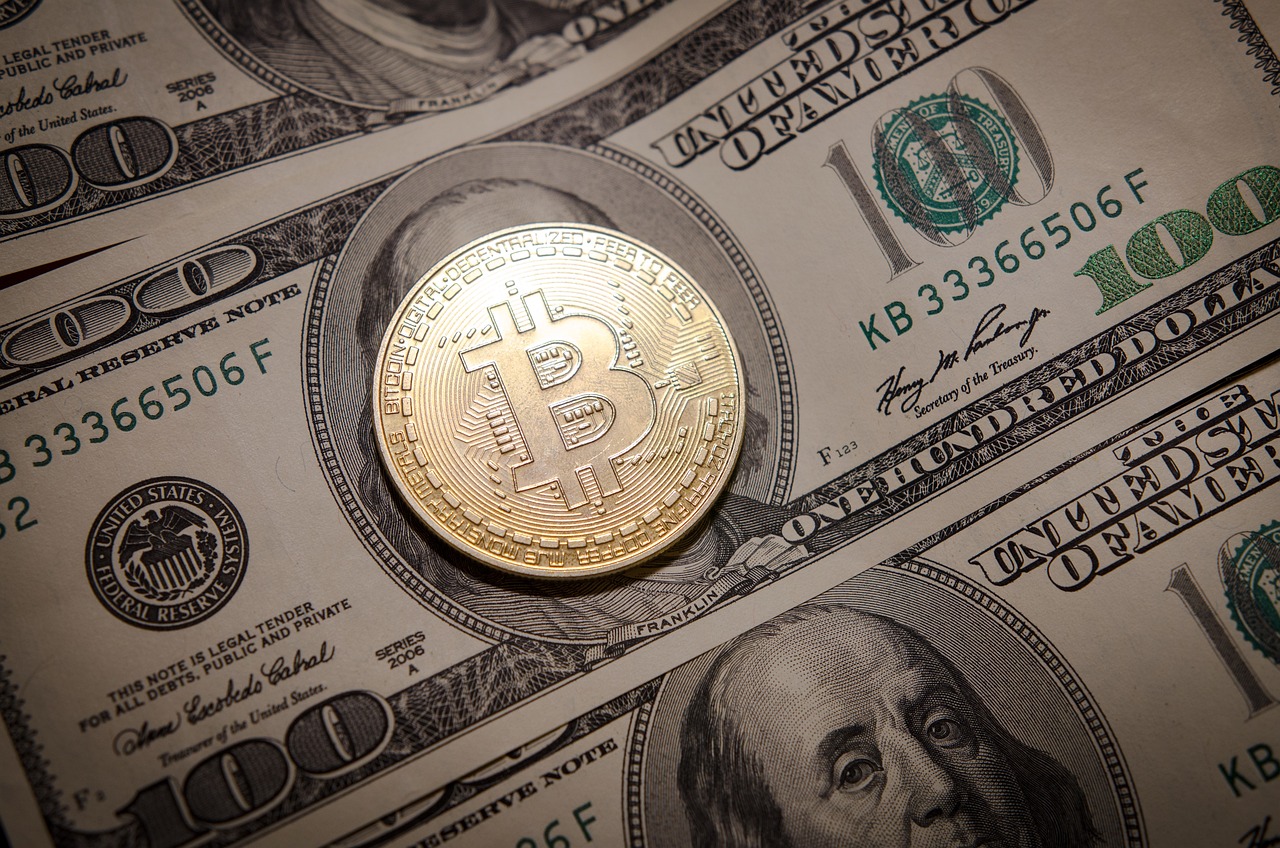
Choosing a Reliable Exchange
When it comes to the world of cryptocurrency, choosing a reliable exchange is like picking a trustworthy bank for your hard-earned money. With countless options available, it can feel overwhelming, but fear not! By focusing on a few key factors, you can make an informed decision that will set you up for success in your trading journey. First and foremost, security features should be at the top of your list. Look for exchanges that prioritize the safety of your assets. This includes features like two-factor authentication, which adds an extra layer of protection to your account, and cold storage options that keep the majority of your funds offline, away from potential hackers.
Next, consider the user experience. A reliable exchange should have an intuitive interface that makes it easy to navigate through trading options and account settings. After all, you don’t want to waste time fumbling around when you could be making trades! Additionally, take a moment to check out user reviews and ratings. Platforms like Trustpilot or Reddit can offer invaluable insights into the experiences of other traders. If an exchange has a history of complaints about withdrawal delays or poor customer service, it might be a red flag.
Another crucial aspect to consider is fees. Different exchanges have varying fee structures, which can significantly impact your profitability. Some might charge a flat fee per transaction, while others take a percentage of your trade volume. It’s essential to read the fine print and understand how these fees will affect your overall trading strategy. You wouldn’t want to lose a chunk of your profits to hidden charges!
Lastly, it’s important to ensure that the exchange complies with local regulations. Regulatory compliance not only helps protect your investments but also indicates that the platform operates within legal frameworks, enhancing its credibility. You can usually find this information on the exchange’s website, where they should outline their licensing and regulatory status.
In summary, choosing a reliable cryptocurrency exchange involves a combination of security, user experience, transparency regarding fees, and regulatory compliance. By taking the time to research and evaluate these factors, you’ll be better equipped to select a platform that aligns with your trading goals and keeps your investments safe.
- What is the most important factor to consider when choosing an exchange? Security is paramount; always prioritize exchanges with robust security features.
- Are all exchanges regulated? No, not all exchanges are regulated. It’s crucial to check their compliance with local laws.
- How can I find user reviews for an exchange? Websites like Trustpilot, Reddit, and cryptocurrency forums are great places to find user feedback.
- What types of fees should I expect? Fees can vary widely; look for trading fees, withdrawal fees, and deposit fees.

Security Features to Look For
When diving into the world of cryptocurrency exchanges, one of the most crucial aspects to consider is the security features they offer. After all, you wouldn’t leave your front door wide open, would you? Just like securing your home, ensuring your digital assets are protected is paramount. Here are some key features that can help safeguard your investments:
First up, two-factor authentication (2FA) is a must-have. This feature adds an extra layer of security by requiring not just your password but also a second form of verification, such as a code sent to your mobile device. Think of it as having a double lock on your door—one lock might be easy to pick, but two? Much tougher!
Next, consider the importance of cold storage. Many exchanges keep a portion of their assets in hot wallets for quick access, but the bulk of your funds should ideally be stored in cold storage—offline and away from potential hackers. This is akin to keeping your valuables in a safe rather than leaving them out in the open. Cold storage significantly reduces the risk of theft, making it a preferred choice for serious investors.
Another critical security measure is encryption. A reputable exchange should use end-to-end encryption to protect your data and transactions. This ensures that even if someone intercepts your information, they won’t be able to read it. It’s like sending a secret message that only the intended recipient can decode.
Furthermore, it’s worth checking whether the exchange has a security audit policy. Regular audits by third-party security firms can help identify vulnerabilities and ensure that the exchange is adhering to best practices. This is similar to having a professional inspect your home for security flaws—better to find out about potential issues before they become a problem!
Finally, always look for user reviews and feedback regarding the exchange’s security. If many users report issues or hacks, it’s a red flag. Remember, an informed decision is your best defense against potential threats. By taking these security features into account, you can significantly enhance your chances of trading safely in the cryptocurrency market.
- What is two-factor authentication? Two-factor authentication is a security process that requires two different forms of identification to access your account, typically a password and a code sent to your mobile device.
- Why is cold storage important? Cold storage keeps your cryptocurrency offline, making it much more secure against hacking attempts compared to hot wallets, which are connected to the internet.
- How can I identify if an exchange is secure? Look for features such as two-factor authentication, cold storage, encryption, and positive user reviews. Regular security audits are also a good sign.

Importance of Two-Factor Authentication
In the rapidly evolving world of cryptocurrency, security is paramount. One of the most effective methods to safeguard your digital assets is by implementing two-factor authentication (2FA). But what exactly is 2FA, and why is it so crucial for your cryptocurrency exchange accounts? Simply put, 2FA adds an extra layer of protection beyond just your password. Think of it as a double lock on your front door; even if someone manages to get hold of your key (your password), they still can’t enter your home without the second key (the second factor).
When you enable 2FA on your exchange account, you typically need to provide something you know (your password) and something you have (a code sent to your mobile device or generated by an authentication app). This makes it significantly harder for unauthorized users to gain access to your account, as they would need both pieces of information to do so. In a world where cyber threats are rampant, this added security measure can be a game-changer.
Consider these essential points about the importance of 2FA:
- Enhanced Security: With 2FA, even if your password is compromised, your account remains secure.
- Deterrent to Hackers: The added complexity of 2FA can deter potential hackers from targeting your account.
- Peace of Mind: Knowing that you have an additional layer of security can alleviate the anxiety associated with trading cryptocurrencies.
Moreover, the implementation of 2FA is often straightforward. Most reputable exchanges provide easy-to-follow instructions on setting it up. You can choose to receive codes via SMS, email, or through an authentication app like Google Authenticator or Authy. Each method has its pros and cons, but the key takeaway is that enabling 2FA is a simple yet effective way to bolster your account's security.
In conclusion, the importance of two-factor authentication cannot be overstated. It is a fundamental step in protecting your cryptocurrency investments from the ever-present threats of hacking and fraud. By taking this precaution, you not only secure your assets but also gain greater confidence in your trading activities. So, if you haven't already, consider enabling 2FA on your exchange accounts today—your future self will thank you!
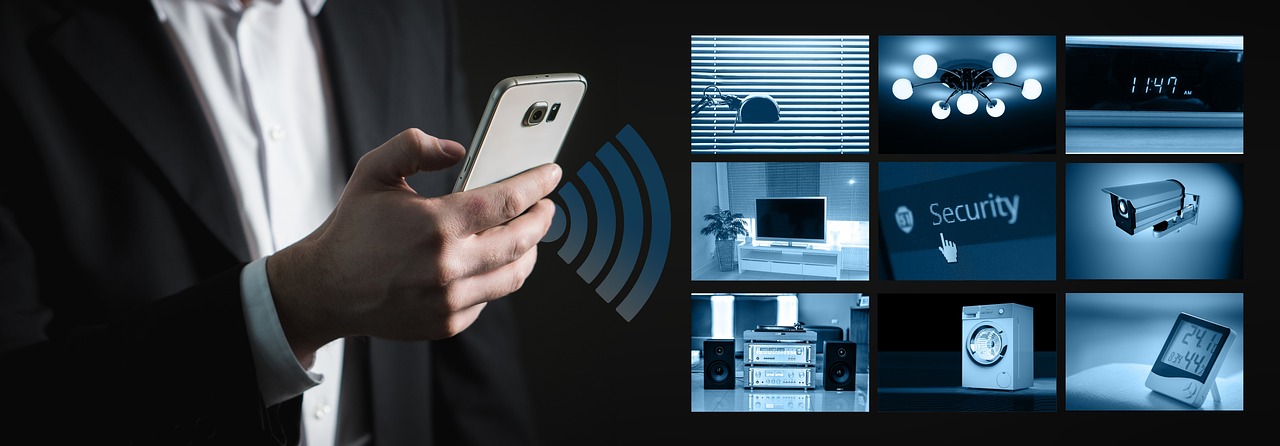
Cold Storage vs. Hot Wallets
When it comes to safeguarding your cryptocurrency, understanding the distinction between cold storage and hot wallets is crucial. Think of cold storage as a bank vault, where your assets are locked away, safe from prying eyes and potential thieves. In contrast, hot wallets are more like checking accounts—convenient and accessible, but also vulnerable to risks. Let's dive deeper into both options to see how they can impact your investment security.
Cold storage refers to keeping your cryptocurrency offline. This could be in the form of hardware wallets or even paper wallets. The beauty of cold storage lies in its security; since your private keys are not connected to the internet, they are virtually immune to hacking attempts. For instance, a popular hardware wallet, like a Ledger or Trezor, allows you to store your digital assets securely while keeping them accessible only when you choose to connect to the internet.
On the other hand, hot wallets are connected to the internet, making them much more convenient for trading and transactions. These can be web-based wallets, mobile apps, or even desktop applications. While they offer quick access to your funds, they also come with significant risks. For example, if a hacker gains access to your account, they could drain your assets within minutes. This is why many traders use hot wallets for day-to-day transactions but keep the bulk of their assets in cold storage.
To illustrate the differences more clearly, here's a simple comparison table:
| Feature | Cold Storage | Hot Wallets |
|---|---|---|
| Security | High (offline) | Medium (online) |
| Accessibility | Low (requires setup) | High (instant access) |
| Best Use Case | Long-term storage | Active trading |
In summary, the choice between cold storage and hot wallets ultimately depends on your trading style and security needs. If you are a long-term investor looking to hold your assets securely, cold storage is the way to go. However, if you are an active trader who needs quick access to your funds, a hot wallet might be more suitable. Just remember, it’s always wise to keep a portion of your holdings in cold storage to mitigate risks. Balancing convenience and security is key to protecting your investments in the ever-evolving world of cryptocurrency.

Recognizing Scams and Fraud
In the fast-paced world of cryptocurrency, scams and fraud are unfortunately common, making it essential for traders to stay vigilant. Just like in any other investment landscape, the allure of quick profits can lure unsuspecting individuals into traps set by malicious actors. One of the most prevalent forms of scams is the phishing scam, where fraudsters impersonate legitimate exchanges or wallets to steal your sensitive information. They might send you an email or a message that looks official, urging you to click a link and enter your login details. Always remember, if something seems off, it probably is!
Another common scam is the Ponzi scheme. In this scenario, scammers promise high returns on investment with little to no risk, often using funds from new investors to pay earlier ones. The saying "if it sounds too good to be true, it probably is" rings particularly true here. You might be tempted by flashy advertisements or social media posts claiming that you can double your money overnight, but these are often just bait.
Moreover, pump and dump schemes are prevalent in the crypto space. Here, a group of individuals will artificially inflate the price of a low-volume coin through misleading promotions. Once the price spikes, they sell off their holdings for a profit, leaving other investors with worthless coins. It's crucial to conduct thorough research and avoid making impulsive investment decisions based on hype.
To help you navigate these treacherous waters, here are some red flags to watch out for:
- Unrealistic promises of guaranteed returns.
- Poorly designed websites or social media profiles.
- Pressure to invest quickly without adequate information.
- Lack of transparency regarding the team behind the project.
Additionally, it's essential to be aware of fake exchanges. Scammers can create websites that look almost identical to legitimate exchanges, tricking users into depositing their funds. Always double-check the URL and ensure you're on the correct site before making any transactions. A good practice is to bookmark the official website of your chosen exchange to avoid falling victim to these scams.
Finally, always keep your software updated and use security measures like two-factor authentication. The more layers of protection you have, the harder it becomes for scammers to access your assets. Remember, staying informed and cautious is your best defense against the myriad of scams lurking in the cryptocurrency space.
Q: What should I do if I think I've been scammed?
A: If you suspect you've fallen victim to a scam, immediately report it to the exchange or platform involved. You should also consider contacting local law enforcement and your bank if you provided any financial information.
Q: How can I verify if an exchange is legitimate?
A: Research the exchange thoroughly. Look for user reviews, check if they are regulated, and verify their security features. Trustworthy exchanges will usually have a solid reputation in the crypto community.
Q: Are there any tools to help identify scams?
A: Yes! There are several websites and tools designed to help users identify potential scams. Websites like Scamadviser can provide insights into the legitimacy of a website based on various factors.
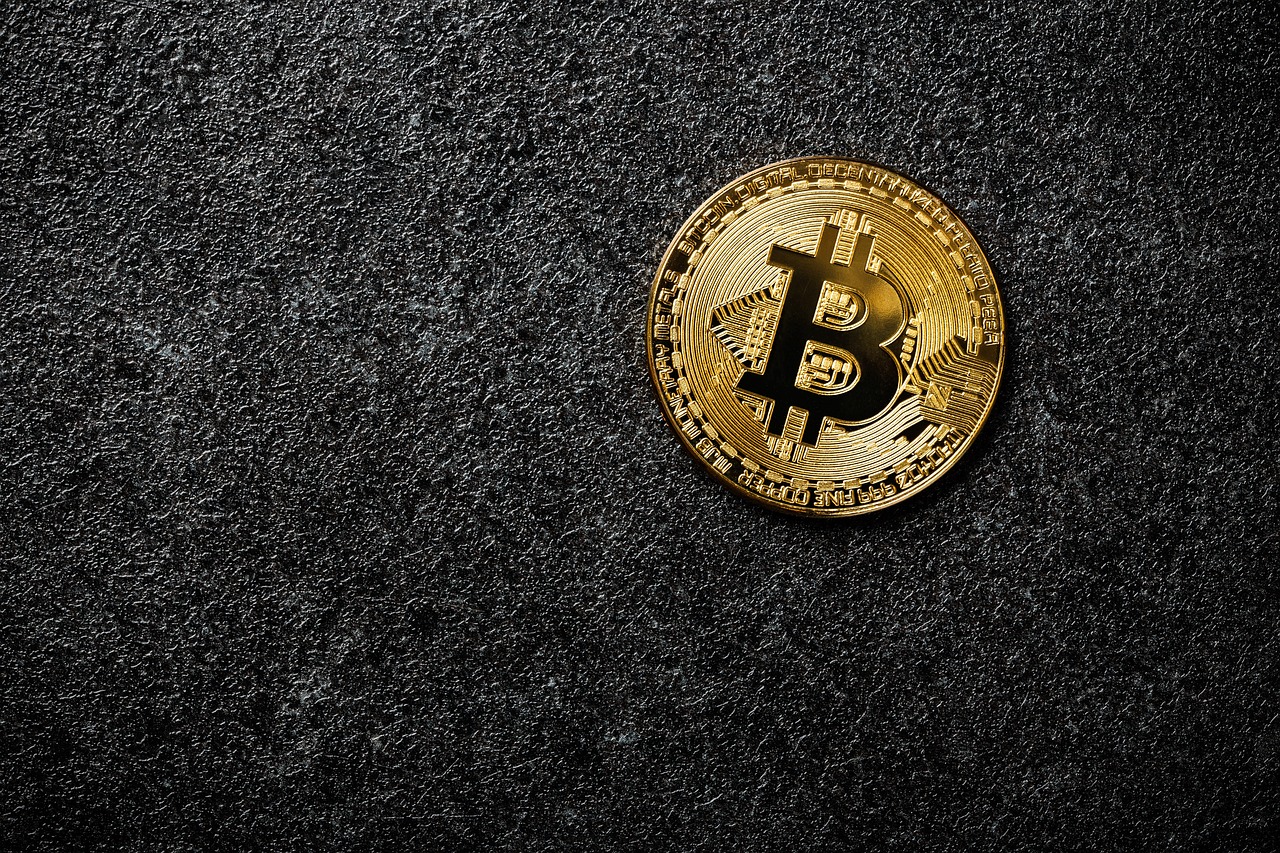
Best Practices for Safe Trading
When it comes to navigating the wild world of cryptocurrency trading, it’s crucial to arm yourself with the right strategies to keep your investments safe. Think of trading like sailing on the open sea; you wouldn’t venture out without a sturdy ship and a reliable map, right? In the same way, you need to have a solid plan to steer clear of potential pitfalls. Here are some essential practices to consider:
First and foremost, setting limits is a smart move. Just as a sailor knows when to turn back to avoid a storm, you should establish clear limits on how much you’re willing to invest or lose in a single trade. This not only helps protect your capital but also allows you to make more rational decisions rather than emotional ones. For instance, consider using stop-loss orders, which automatically sell your assets when they reach a certain price, minimizing your losses.
Diversification is another key strategy. Imagine you’re planting a garden; if you only grow one type of flower, a sudden frost could wipe out your entire crop. Similarly, investing in a variety of cryptocurrencies can cushion your portfolio against market volatility. By spreading your investments across different coins and tokens, you reduce the risk of a total loss if one asset underperforms.
Staying informed about market trends is also vital. The cryptocurrency landscape is constantly changing, and being in the know can give you a significant advantage. Follow reputable news sources, join online forums, and engage with communities on platforms like Reddit or Twitter. This way, you’ll be able to spot emerging trends and adjust your trading strategy accordingly.
Another important aspect of safe trading is using strong passwords. Just like you wouldn’t leave your front door unlocked, you shouldn’t make it easy for hackers to access your accounts. Create unique, complex passwords for each of your exchange accounts, and consider using a password manager to keep track of them. Additionally, enabling two-factor authentication (2FA) adds an extra layer of security, making it much harder for unauthorized users to gain access.
Regularly monitoring your account is equally crucial. Make it a habit to check your account activity and transaction history frequently. This practice not only helps you stay updated on your investments but also allows you to quickly spot any unauthorized transactions. If you notice something suspicious, you can take action immediately, potentially saving yourself from significant losses.
To wrap it all up, safe trading in the cryptocurrency world requires a combination of smart strategies and proactive measures. By setting limits, diversifying your portfolio, staying informed, using strong passwords, and regularly monitoring your accounts, you can navigate the crypto waters with confidence and security. Remember, it’s not just about making profits; it’s about protecting what you have worked hard to earn.
Q: What is the best way to secure my cryptocurrency investments?
A: The best way to secure your investments is to use strong, unique passwords, enable two-factor authentication, and regularly monitor your accounts for any unusual activity.
Q: How can I diversify my cryptocurrency portfolio?
A: You can diversify your portfolio by investing in a variety of cryptocurrencies rather than putting all your funds into one coin. This strategy can help mitigate risks associated with market volatility.
Q: What should I do if I notice unauthorized transactions in my account?
A: If you notice any unauthorized transactions, immediately change your password, enable two-factor authentication if you haven't already, and contact the exchange's support team to report the issue.
Q: How often should I check my cryptocurrency investments?
A: It’s a good practice to check your investments regularly, ideally daily or weekly, to stay informed about market trends and to quickly identify any unauthorized activity.
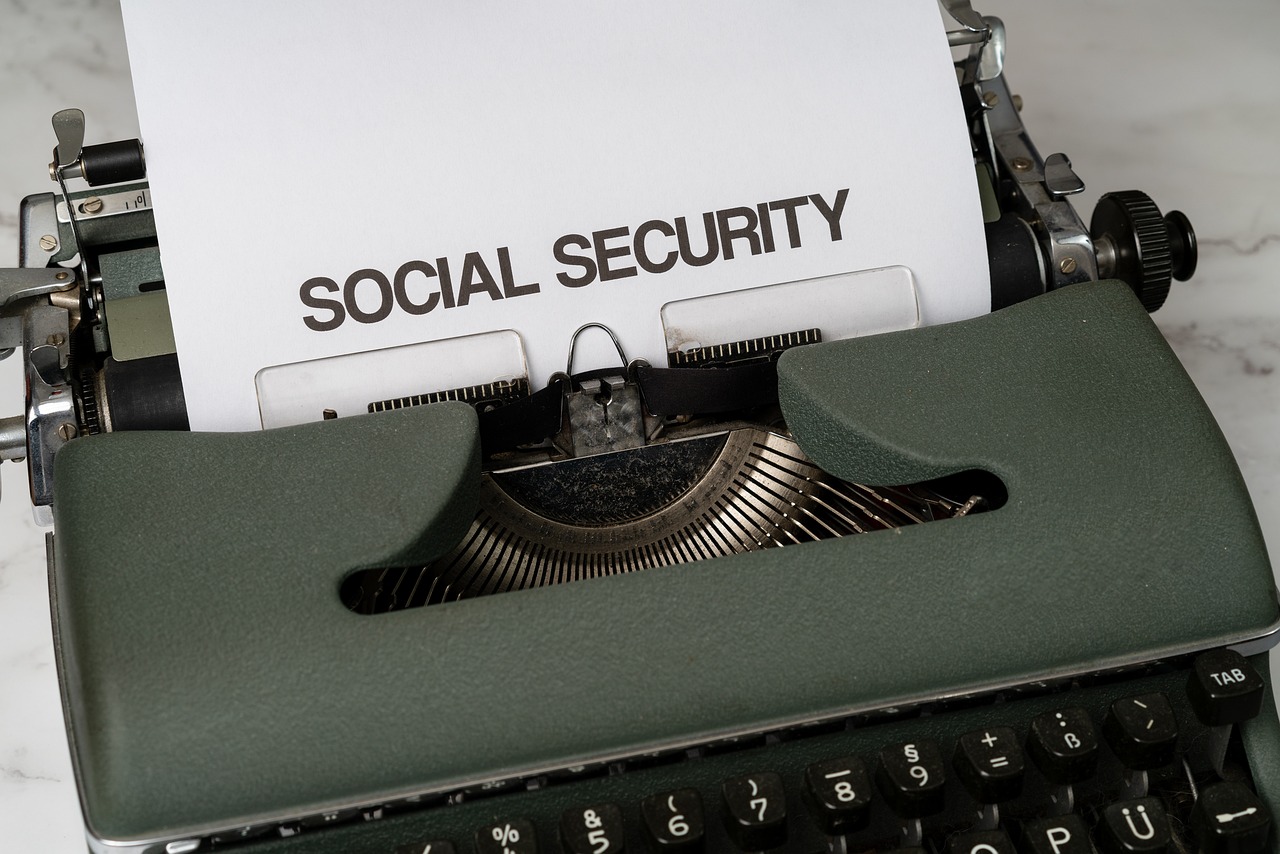
Using Strong Passwords
This article provides essential tips and guidelines for safely navigating cryptocurrency exchanges, ensuring secure transactions, and protecting your investments from potential risks and scams.
Learn about the different types of cryptocurrency exchanges, including centralized and decentralized platforms, and how they operate to facilitate trading and investment in digital currencies.
Discover key factors to consider when selecting a cryptocurrency exchange, such as security features, user reviews, fees, and regulatory compliance to ensure a trustworthy trading environment.
Explore essential security measures exchanges should implement, including two-factor authentication, cold storage, and encryption, to protect your assets from theft and hacking attempts.
Understand how two-factor authentication adds an extra layer of security, making it harder for unauthorized users to access your account and funds.
Learn the differences between cold storage and hot wallets, and why using cold storage can significantly enhance the security of your cryptocurrency holdings.
Gain insights into common scams and fraudulent schemes prevalent in the cryptocurrency space, enabling you to identify and avoid potential threats to your investments.
Implement effective trading strategies and best practices to minimize risks, including setting limits, diversifying your portfolio, and staying informed about market trends.
When it comes to protecting your cryptocurrency investments, is one of the simplest yet most effective strategies. Think of your password as the key to your digital vault; if it's weak, it’s like leaving the door wide open for intruders. So, what makes a password strong? A strong password usually consists of a mix of uppercase and lowercase letters, numbers, and special characters. For example, instead of using something like "password123," consider a password like "G7#rT9!pLq@2".
Here are some key practices to consider when creating your passwords:
- Make it long: Aim for at least 12-16 characters.
- Use a mix of characters: Include letters, numbers, and symbols.
- Avoid common phrases: Stay away from easily guessable information like birthdays or pet names.
- Consider a password manager: These tools can help you generate and store complex passwords securely.
But wait, there’s more! It’s not just about creating a strong password; you must also change it regularly. Think of it like changing the locks on your doors every once in a while. If a hacker does manage to get a hold of your password, changing it frequently can minimize the damage. Furthermore, never reuse passwords across different platforms. If one account gets compromised, it could put all your other accounts at risk.
In summary, a robust password is your first line of defense in the world of cryptocurrency trading. Take the time to create a unique, complex password that’s hard to crack, and you'll be setting yourself up for a much safer trading experience.
Learn why it's crucial to frequently check your account activity and transaction history to quickly detect any unusual or unauthorized actions.
Stay updated on the evolving regulatory landscape surrounding cryptocurrency exchanges, as changes can impact your trading practices and the safety of your investments.
Explore the tax responsibilities associated with cryptocurrency trading, including reporting requirements and potential liabilities to ensure compliance with local regulations.
Discover the importance of keeping up with industry news and developments, as they can influence market trends and inform your trading decisions.
Summarize the key takeaways from the article, reinforcing the importance of safety measures and informed decision-making when using cryptocurrency exchanges for trading.
- What is a cryptocurrency exchange? A platform that allows you to buy, sell, or trade cryptocurrencies.
- How do I know if an exchange is safe? Look for security features, user reviews, and regulatory compliance.
- What should I do if I suspect fraud? Immediately change your passwords and contact the exchange's support.
- How often should I monitor my account? Regularly check your account activity, ideally daily or weekly.
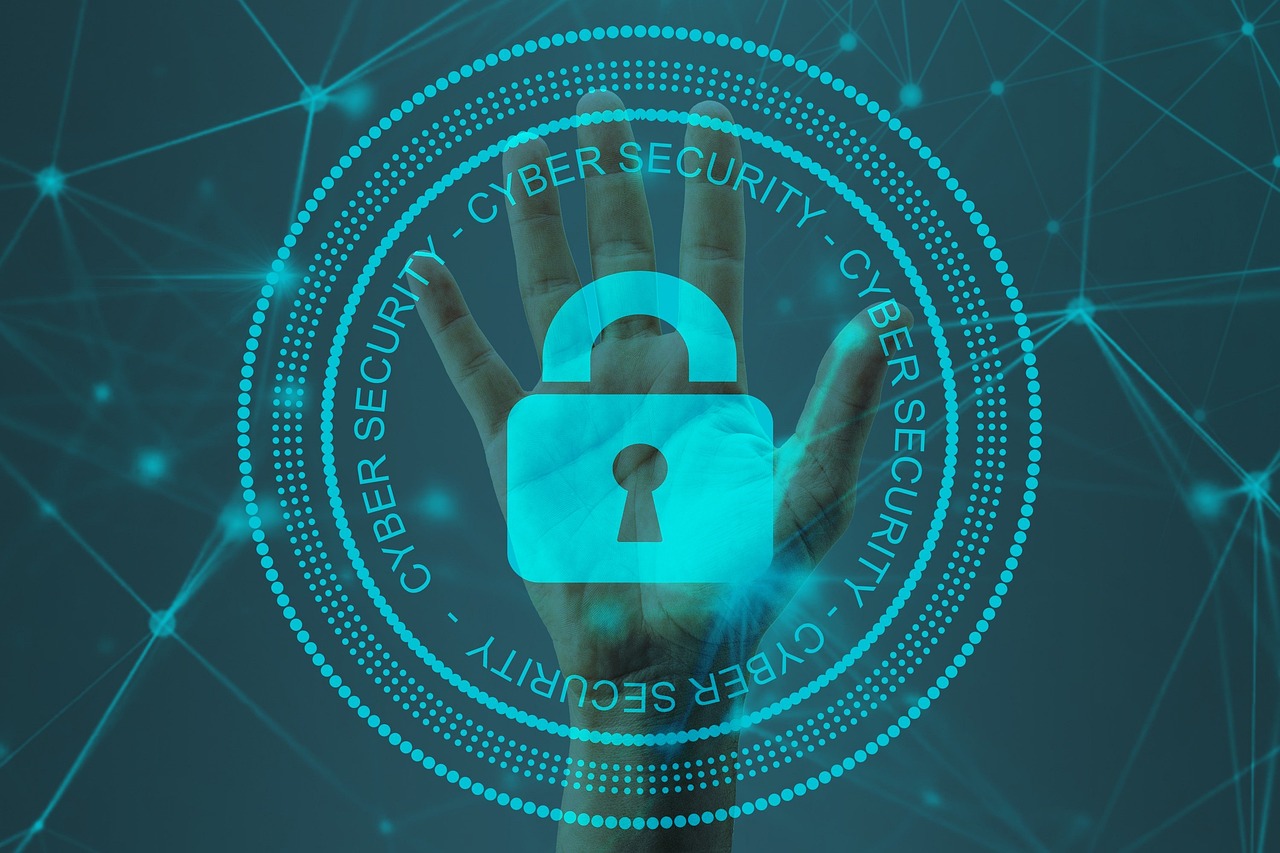
Regularly Monitoring Your Account
When it comes to cryptocurrency trading, is not just a good practice; it’s essential for safeguarding your investments. Imagine your cryptocurrency exchange account as a digital bank vault. Just like you wouldn’t leave your bank account unchecked for months, the same principle applies here. By keeping an eye on your account, you can quickly spot any unusual activity or unauthorized transactions that could jeopardize your hard-earned assets.
So, what exactly should you be looking for when you monitor your account? Here are some key aspects:
- Transaction History: Regularly check your transaction history for any trades or withdrawals that you didn’t initiate. This is your first line of defense against fraud.
- Login Activity: Keep track of login attempts. If you notice logins from unfamiliar locations or devices, it could be a sign that someone is trying to access your account.
- Account Settings: Periodically review your account settings, especially your email and password. Ensure that your recovery options are up to date.
Additionally, setting up alerts can be a game-changer. Many exchanges offer notification features that can alert you to any changes in your account, such as withdrawals or changes to security settings. This way, you can respond swiftly if something seems off. Think of it as having a security alarm for your digital vault!
Moreover, it’s beneficial to conduct a comprehensive account review at least once a month. During this review, you should:
- Ensure that your security measures, like two-factor authentication, are functioning correctly.
- Check for any pending transactions that may not have completed.
- Evaluate your overall trading strategy and adjust based on market conditions.
In this fast-paced environment, where market trends can change in the blink of an eye, staying informed and vigilant can make all the difference. By regularly monitoring your account, not only do you protect your investments, but you also empower yourself to make informed trading decisions. Remember, in the world of cryptocurrency, being proactive is the key to success!
Q: How often should I check my cryptocurrency exchange account?
A: It’s advisable to check your account at least once a week, but daily monitoring can provide added security.
Q: What should I do if I notice suspicious activity on my account?
A: Immediately change your password, enable two-factor authentication if you haven't already, and contact the exchange’s support team to report the issue.
Q: Are there tools to help me monitor my cryptocurrency investments?
A: Yes, there are various portfolio tracking apps and services that can help you monitor your investments and alert you to significant changes in market conditions.
Q: Can I set up alerts for my account?
A: Most cryptocurrency exchanges offer notification settings that allow you to receive alerts for various account activities, such as logins or transactions.
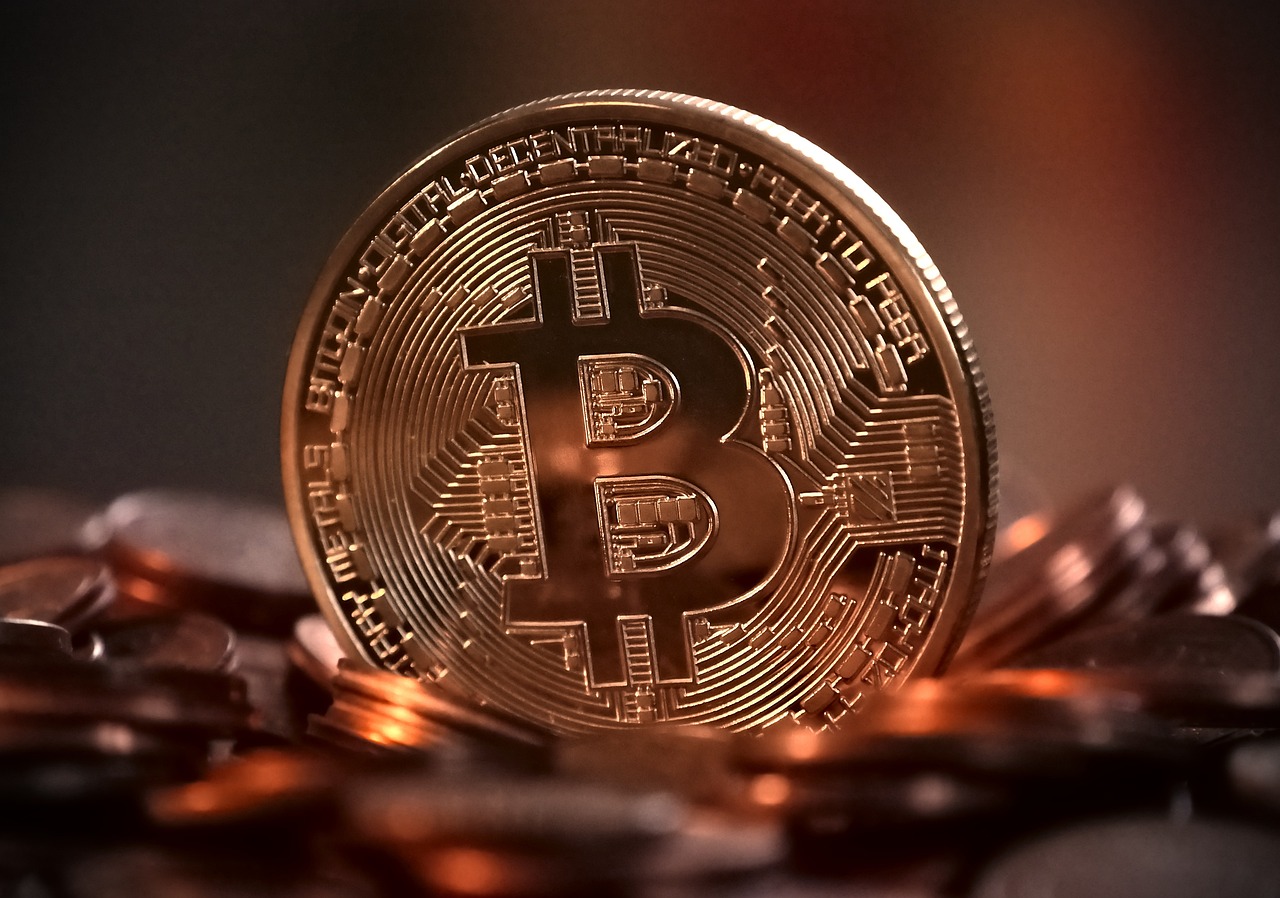
Staying Informed About Regulatory Changes
In the fast-paced world of cryptocurrency, staying updated on regulatory changes is not just beneficial; it’s essential. Regulations can evolve rapidly, and what might be compliant today could change tomorrow. It’s like trying to catch a moving train—you need to be alert and ready to adapt. Regulatory bodies across the globe are continuously working to develop frameworks that address the challenges posed by digital currencies. These changes can significantly impact your trading practices, the exchanges you use, and even the security of your investments.
One of the best ways to stay informed is by following reputable news sources and industry publications. Websites like CoinDesk and The Block provide timely updates on regulatory changes, market trends, and expert analyses. Additionally, joining online forums and communities can also be a great way to hear about the latest developments from your peers. Engaging with others who share your interests can provide insights that you might not find in mainstream news.
Furthermore, many regulatory bodies publish newsletters or updates on their official websites. For instance, the U.S. Securities and Exchange Commission (SEC) and the Commodity Futures Trading Commission (CFTC) regularly post information regarding their stance on cryptocurrencies and trading activities. Subscribing to these updates can give you a direct line to the source and help you understand how regulations may affect your trading strategies.
It’s also important to recognize that regulations can differ greatly from one jurisdiction to another. For example, while some countries embrace cryptocurrency and create favorable regulations, others may impose strict restrictions or outright bans. Here’s a quick comparison of how different regions approach cryptocurrency regulation:
| Region | Regulatory Approach |
|---|---|
| United States | Regulated but fragmented; multiple agencies involved |
| European Union | Developing a unified regulatory framework |
| China | Strict bans on trading and ICOs |
| Japan | Recognizes Bitcoin as legal tender; robust regulatory framework |
By understanding these differences, you can better navigate the complexities of trading in various regions. Knowledge is power, and being well-informed can help you make better decisions about where and how to trade your cryptocurrencies.
Finally, don't forget to consider the tax implications of your trading activities. Different countries have different rules regarding how cryptocurrency gains are taxed. Keeping up with these regulations is crucial to avoid unexpected liabilities. Always consult with a tax professional who understands cryptocurrency to ensure that you are compliant with local laws.
In summary, staying informed about regulatory changes is vital for anyone involved in cryptocurrency trading. By following credible news sources, subscribing to updates from regulatory bodies, and understanding regional differences, you can safeguard your investments and make informed trading decisions.
- What are the main regulatory bodies for cryptocurrency? The main regulatory bodies include the SEC, CFTC in the U.S., and various financial authorities in other countries.
- How often do regulations change? Regulations can change frequently, sometimes even within weeks, so it's essential to stay updated continuously.
- Can I trade cryptocurrencies legally in my country? This depends on your jurisdiction; some countries have embraced cryptocurrency, while others have imposed strict regulations or bans.
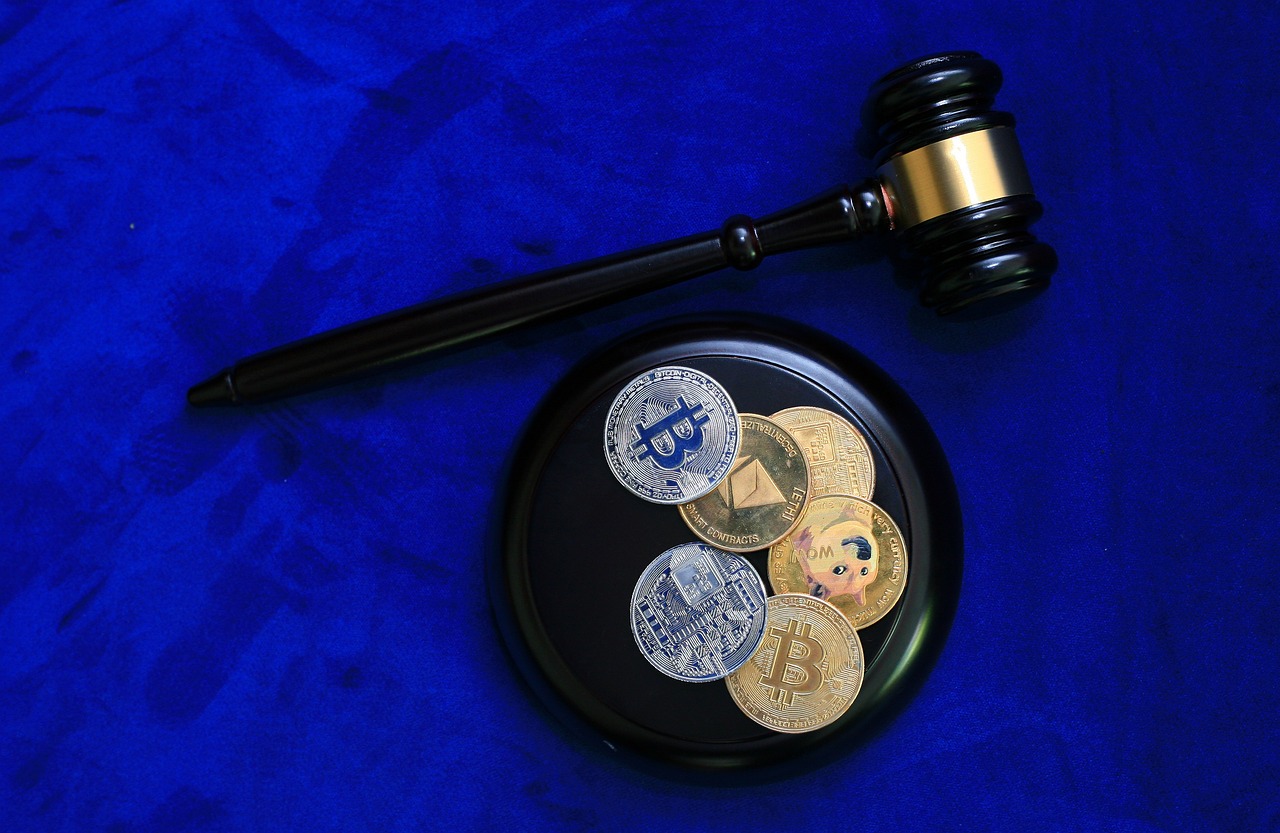
Understanding Tax Implications
When diving into the world of cryptocurrency, one of the most crucial aspects to consider is the tax implications that come with trading and investing in digital currencies. It might feel like navigating a maze, but understanding your tax responsibilities can save you from future headaches and potential legal troubles. Many people are unaware that cryptocurrencies are treated as property by tax authorities in various countries, which means that any gains or losses incurred from trading can have significant tax consequences.
In most jurisdictions, the Internal Revenue Service (IRS) in the United States, for instance, requires you to report any capital gains or losses on your tax return. This means that if you buy Bitcoin for $5,000 and later sell it for $10,000, you will need to report a capital gain of $5,000. On the flip side, if the value drops, you can report a capital loss, which can offset gains in other investments.
To help you better understand your tax obligations, here are some key points to keep in mind:
- Record Keeping: It's essential to maintain detailed records of all your transactions. This includes dates, amounts, and the purpose of each transaction. Good record-keeping will simplify your tax reporting process.
- Short-Term vs. Long-Term Gains: The duration for which you hold your cryptocurrency can significantly impact your tax rate. Generally, assets held for more than a year are taxed at a lower long-term capital gains rate, while assets held for less than a year are taxed at the higher short-term rate.
- Taxable Events: Not all transactions are taxable. For example, simply holding cryptocurrency is not a taxable event. However, selling, trading, or using cryptocurrency to purchase goods and services usually is.
Moreover, it’s crucial to stay updated on the specific regulations and tax laws in your country, as they can vary significantly. Some countries have more favorable tax treatment for cryptocurrencies, while others impose strict regulations and high tax rates. Consulting with a tax professional who understands cryptocurrency can be invaluable in ensuring compliance and optimizing your tax situation.
In conclusion, while the world of cryptocurrency offers exciting opportunities for profit, it also comes with responsibilities. By understanding the tax implications of your trading activities, maintaining accurate records, and staying informed about regulations, you can navigate the crypto landscape more safely and effectively. Remember, ignorance is not bliss when it comes to taxes!
- Do I need to report cryptocurrency transactions on my taxes? Yes, in most jurisdictions, you are required to report any gains or losses from cryptocurrency transactions.
- What records should I keep for my cryptocurrency transactions? Keep records of transaction dates, amounts, and the purpose of each transaction for accurate reporting.
- Are there any tax benefits for holding cryptocurrency long-term? Yes, long-term capital gains are typically taxed at a lower rate than short-term gains.
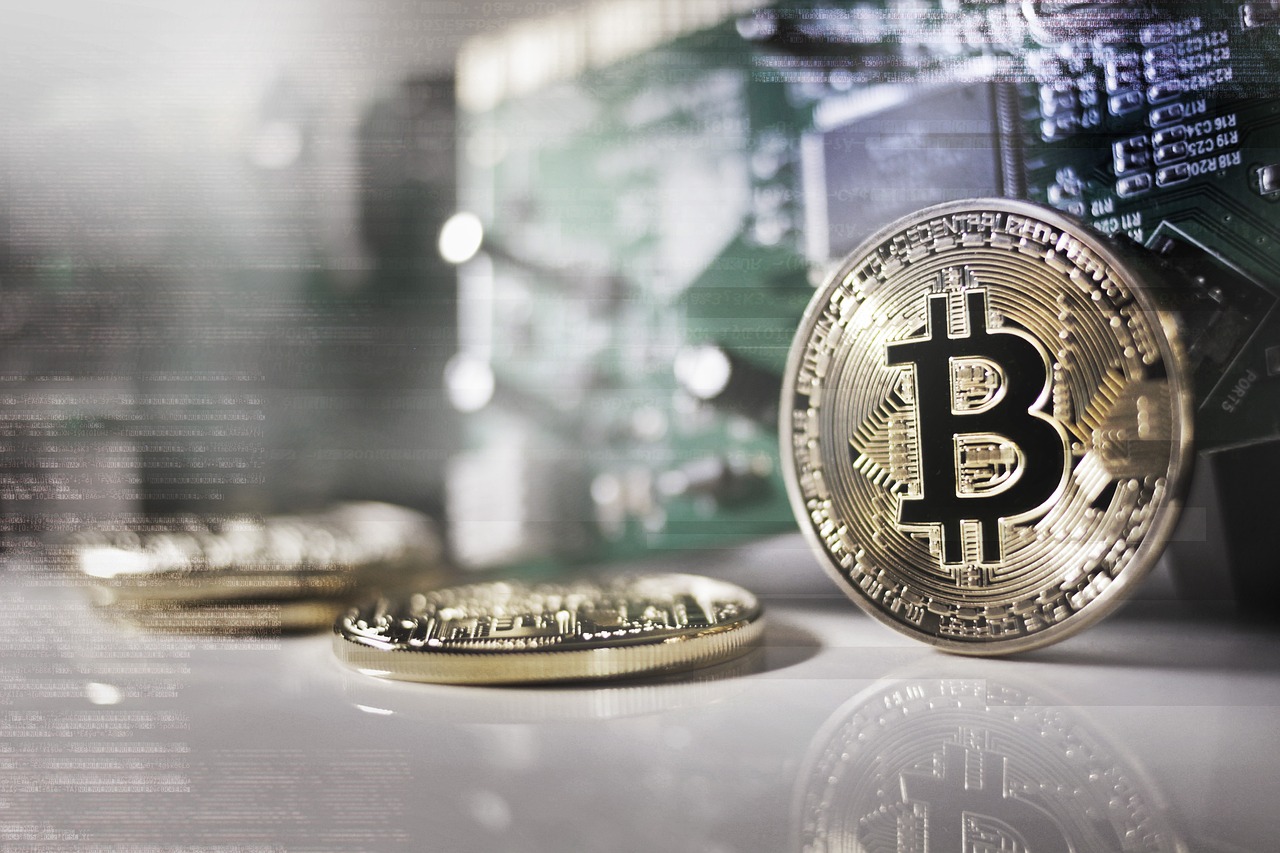
Following Industry News
Staying updated with industry news is like having a compass in the ever-changing landscape of cryptocurrency trading. The digital currency market is notoriously volatile, with prices swinging wildly based on news events, regulatory changes, or even social media buzz. Imagine trying to navigate a stormy sea without a map—this is what trading without current information feels like. By keeping your finger on the pulse of the industry, you can make informed decisions that could mean the difference between profit and loss.
One of the best ways to stay informed is by following reputable news outlets and platforms that specialize in cryptocurrency coverage. Websites like CoinDesk and The Block provide timely updates and in-depth analysis of market trends. Additionally, subscribing to newsletters or following experts on social media platforms can give you insights that may not be available elsewhere. Here are some key sources to consider:
- Crypto News Websites: Regularly check sites dedicated to cryptocurrency news.
- Social Media: Follow influential figures and analysts on Twitter and LinkedIn.
- Podcasts: Tune into cryptocurrency-focused podcasts for expert discussions.
Furthermore, attending webinars and conferences can also enhance your understanding of the market. These events often feature industry leaders discussing trends, challenges, and innovations. They provide a unique opportunity to network with other traders and gain insights that can help you refine your trading strategies. Think of it as attending a masterclass in navigating the crypto seas.
But remember, not all information is created equal. It's crucial to critically evaluate the sources of your news. Misinformation can lead to panic selling or buying at the wrong time. Always cross-reference news with multiple sources to ensure accuracy. By doing so, you can build a more comprehensive understanding of the market dynamics.
In conclusion, following industry news is not just a practice; it's a necessity for anyone serious about cryptocurrency trading. Like a seasoned sailor who checks the weather before setting sail, being informed allows you to anticipate changes and adjust your strategies accordingly. So, make it a habit to stay updated, and you'll navigate the crypto waters with greater confidence.
Q1: Why is it important to follow industry news in cryptocurrency?
A1: Following industry news helps traders stay informed about market trends, regulatory changes, and potential risks, allowing for better decision-making.
Q2: What are some reliable sources for cryptocurrency news?
A2: Reliable sources include cryptocurrency news websites like CoinDesk and The Block, as well as social media platforms where industry experts share insights.
Q3: How can I evaluate the credibility of a news source?
A3: Look for established outlets with a track record of accurate reporting, cross-reference information with multiple sources, and consider the author's credentials.
Q4: Are there any risks associated with following news in cryptocurrency?
A4: Yes, misinformation can lead to poor trading decisions. Always verify news and consider the potential impact of rumors before acting on them.
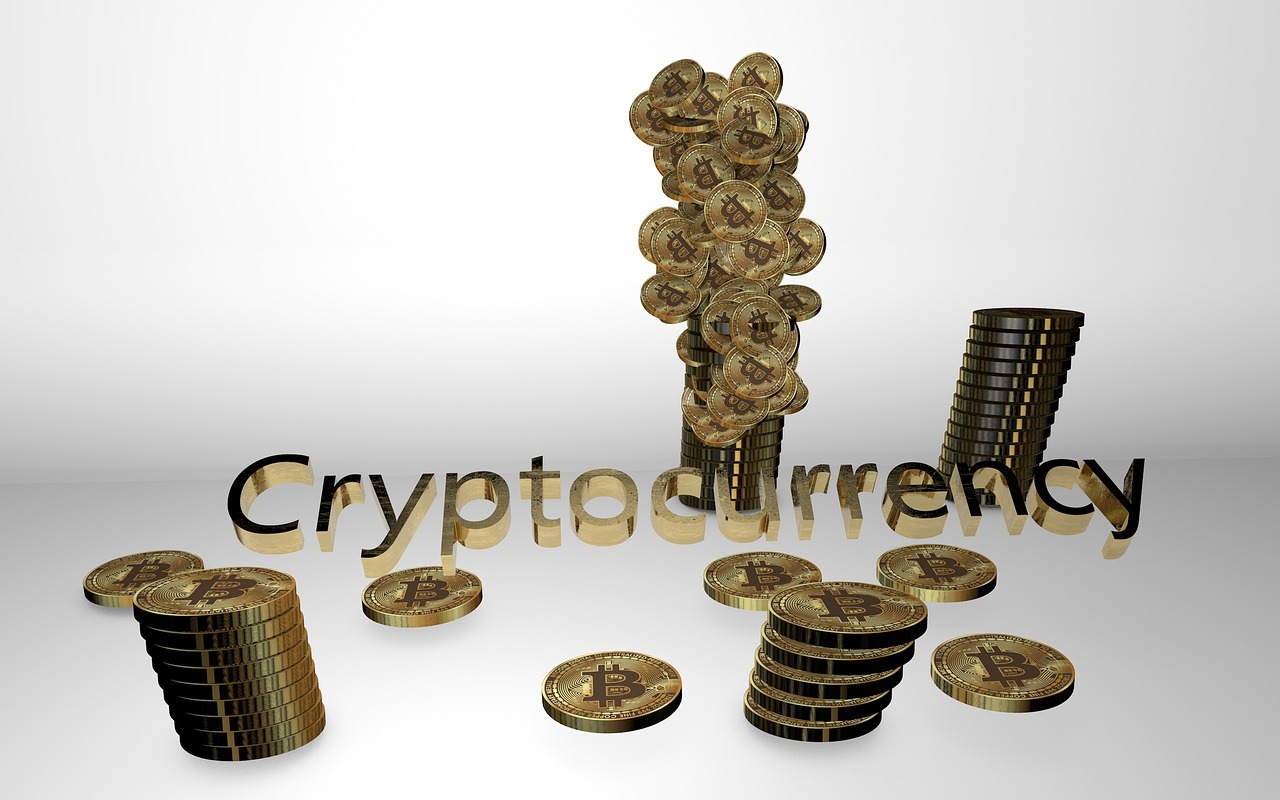
Conclusion: Staying Safe in Cryptocurrency Trading
In the ever-evolving world of cryptocurrency trading, ensuring your safety should be your top priority. As we've explored throughout this article, navigating the complexities of cryptocurrency exchanges requires vigilance and informed decision-making. Remember, the digital currency landscape can be as thrilling as a roller coaster ride, but without the right safety measures, you could find yourself in a free fall. To keep your investments secure, it’s crucial to implement the practices we've discussed, such as choosing reliable exchanges, utilizing strong security features, and staying informed about market trends and regulatory changes.
Moreover, recognizing potential scams and fraud is vital in this space. The cryptocurrency world can sometimes feel like the Wild West, with numerous opportunities but also many pitfalls. By developing a keen sense for identifying red flags and adhering to best practices, you can significantly reduce your risk of falling victim to scams. Always remember, if something sounds too good to be true, it probably is!
As you continue your journey in cryptocurrency trading, keep these key takeaways in mind:
- Prioritize Security: Use two-factor authentication and consider cold storage for your assets.
- Stay Informed: Regularly check your account and follow industry news to make educated trading decisions.
- Be Cautious: Recognize scams and ensure you're trading on reputable platforms.
- Understand Your Obligations: Be aware of any tax implications related to your trading activities.
By adhering to these principles, you can enjoy the potential rewards of cryptocurrency trading while minimizing the risks involved. So, gear up, stay smart, and may your trading journey be both profitable and secure!
To further assist you in your cryptocurrency trading journey, here are some common questions and answers:
| Question | Answer |
|---|---|
| What is the safest type of cryptocurrency exchange? | Decentralized exchanges are generally considered safer as they do not hold users' funds, reducing the risk of hacks. |
| How can I protect my cryptocurrency investments? | Use strong passwords, enable two-factor authentication, and consider using cold storage for your assets. |
| What should I do if I suspect a scam? | Immediately cease all transactions, report the incident to the exchange, and consider contacting local authorities. |
| Are there tax implications for trading cryptocurrencies? | Yes, many countries require you to report capital gains from cryptocurrency trading, so it's essential to understand your local regulations. |
Frequently Asked Questions
- What is a cryptocurrency exchange?
A cryptocurrency exchange is a platform that allows you to buy, sell, or trade cryptocurrencies. These exchanges can be centralized, where a company manages the transactions, or decentralized, where trades happen directly between users without a central authority.
- How do I choose a reliable cryptocurrency exchange?
When selecting a cryptocurrency exchange, consider factors like security features, user reviews, transaction fees, and regulatory compliance. Look for exchanges that have a solid reputation, robust security measures like two-factor authentication, and a user-friendly interface.
- What security features should I look for in an exchange?
Essential security features include two-factor authentication, cold storage for assets, encryption, and regular security audits. These measures help protect your investments from hacking attempts and unauthorized access.
- What is the importance of two-factor authentication?
Two-factor authentication (2FA) adds an extra layer of security to your account. It requires you to provide a second form of verification, such as a code sent to your phone, making it significantly harder for unauthorized users to gain access.
- What is the difference between cold storage and hot wallets?
Cold storage refers to keeping your cryptocurrency offline, which makes it less vulnerable to hacking. Hot wallets, on the other hand, are online and more convenient for trading but come with higher risks. Using cold storage for long-term holdings is generally recommended for enhanced security.
- How can I recognize scams in the cryptocurrency space?
Be wary of offers that seem too good to be true, such as guaranteed returns or high-profit schemes. Always conduct thorough research and be cautious of unsolicited messages or links. Familiarize yourself with common scams to protect your investments.
- What are some best practices for safe trading?
Some best practices include setting trading limits, diversifying your portfolio, using strong, unique passwords for your accounts, and regularly monitoring your account activity. Staying informed about market trends and news can also help you make better trading decisions.
- Why is it important to monitor my account regularly?
Regularly checking your account allows you to quickly detect any unusual or unauthorized activity. This proactive approach helps you respond swiftly to potential threats and safeguard your assets effectively.
- How do regulatory changes affect cryptocurrency trading?
Regulatory changes can impact the legality of certain exchanges, trading practices, and tax obligations. Staying informed about these changes helps you remain compliant and adapt your trading strategies accordingly.
- What are the tax implications of cryptocurrency trading?
Tax responsibilities vary by country, but generally, you may need to report your gains and losses from trading. It's essential to understand your local regulations and keep accurate records of your transactions to ensure compliance.
- How can I stay updated on industry news?
Follow reputable cryptocurrency news websites, subscribe to newsletters, and join online communities or forums. Staying informed about industry developments can influence your trading decisions and help you navigate the market more effectively.













